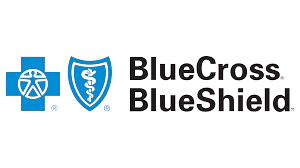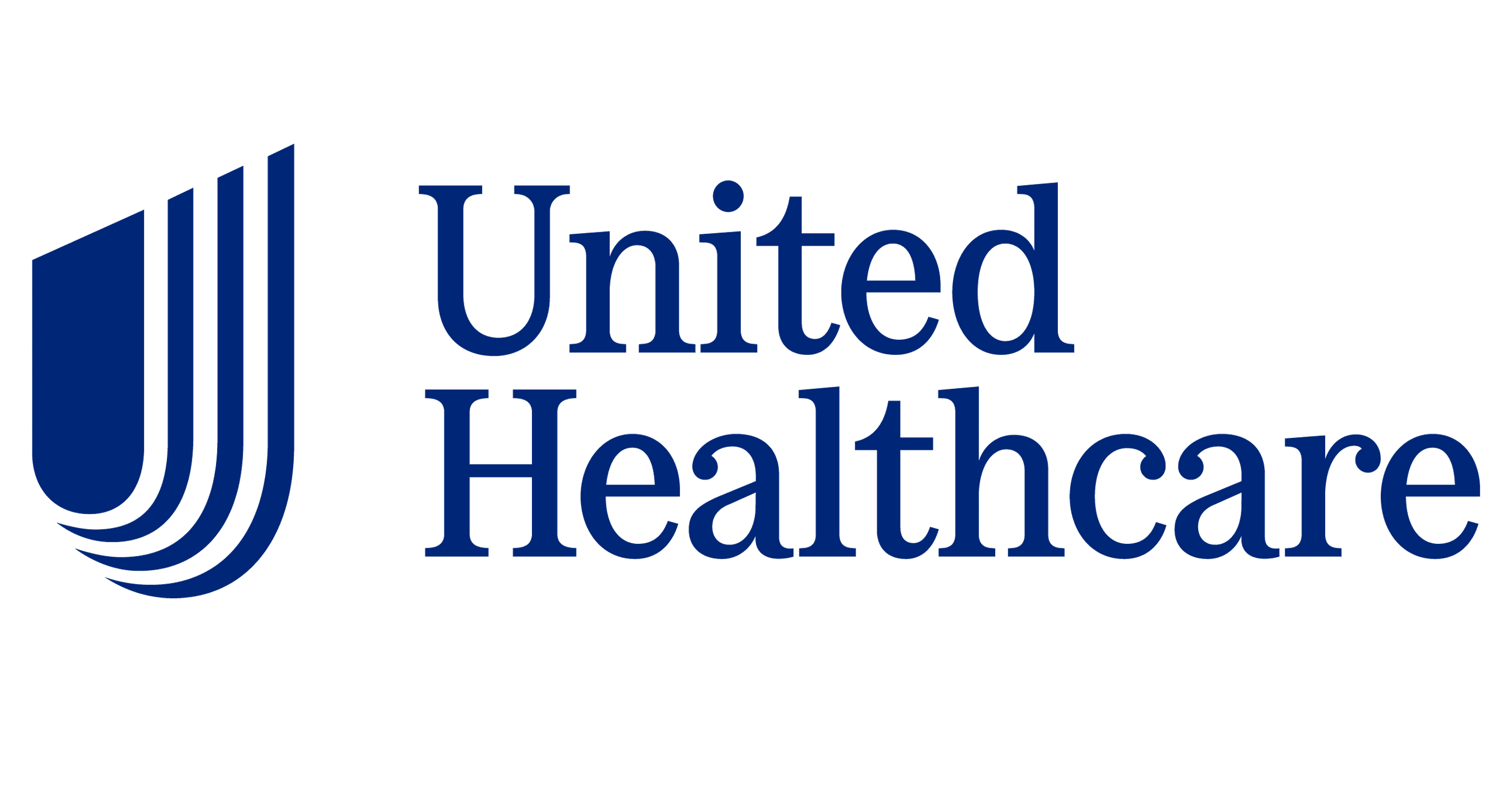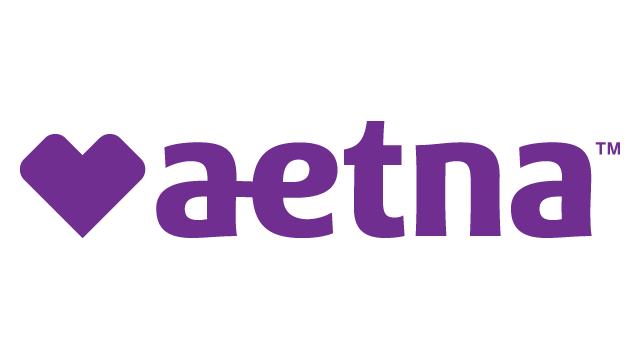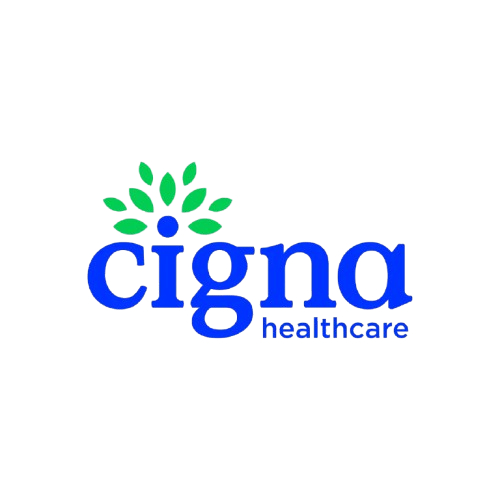HCPCS G0481 Fee Schedule
Healthcare providers use this code to document and receive reimbursement for visits that address moderate-level medical decision-making, often including multiple diagnoses or prescription management.
| Key Fact | Detail |
|---|---|
| Service Type | • Procedures / Professional Services • Other Services |
| Complexity Level | Low |
National average reimbursement for HCPCS G0481 by major payers:

$110.55

$85.91

$150.36

$136.14
| Payer | Code | Rate | NPI | Tax ID | State | Specialty |
|---|---|---|---|---|---|---|
Select a payer to view fee schedule data Choose a payer from the options above to see rates for HCPCS G0481 | ||||||
United | G0481 | $73.79 | 1730673021 - VICTORIA OGLE | 300070474 - (TN) CONSULTANTS IN PAIN MANAGEMENT, P.C. | TN | Family Nurse Practitioner (363LF0000X) |
United | G0481 | $65.76 | 1114253689 - DANA SIMPSON | 300070474 - (TN) CONSULTANTS IN PAIN MANAGEMENT, P.C. | TN | Family Nurse Practitioner (363LF0000X) |
United | G0481 | $63.00 | 1932129400 - SEKOU MOLETTE | 621720000 | TN | Pain Medicine (Physical Medicine & Rehabilitation) Physician (2081P2900X) |
United | G0481 | $73.79 | 1952374456 - KRISTINA ADKINS | 300070474 - (TN) CONSULTANTS IN PAIN MANAGEMENT, P.C. | IA | Specialist (174400000X) |
United | G0481 | $65.76 | 1730673021 - VICTORIA OGLE | 300070474 - (TN) CONSULTANTS IN PAIN MANAGEMENT, P.C. | TN | Family Nurse Practitioner (363LF0000X) |
United | G0481 | $65.76 | 1114197522 - LAURA GODWIN | 300070474 - (TN) CONSULTANTS IN PAIN MANAGEMENT, P.C. | TN | Adult Health Nurse Practitioner (363LA2200X) |
United | G0481 | $65.76 | 1407302169 - COMPREHENSIVE NEUROLOGY CENTER, PLLC | 611658345 - (TN) COMPREHENSIVE NEUROLOGY CENTER, PLLC | TN | Pain Medicine Physician (208VP0000X) |
United | G0481 | $61.50 | 1568676195 - JEFFREY BROWN | 471157530 - UT REGIONAL ONE PHYSICIANS INC | TN | Anesthesiology Physician (207L00000X) |
United | G0481 | $65.76 | 1932502218 - CONNIE TERRELL | 300070474 - (TN) CONSULTANTS IN PAIN MANAGEMENT, P.C. | TN | Family Nurse Practitioner (363LF0000X) |
United | G0481 | $61.50 | 1306802061 - DAVID AREHART | 203734674 - (TN) PRECISION PAIN CARE | KY | Interventional Pain Medicine Physician (208VP0014X) |
United | G0481 | $61.50 | 1700818804 - DENNIS MCCOY | 832058987 - PAIN MANAGEMENT CENTERS OF AMERICA, PSC | TN | Interventional Pain Medicine Physician (208VP0014X) |
United | G0481 | $24.54 | 1841697950 - GEORGIA PAIN PHYSICIANS PC, KNOXVILLE PAIN MANAGEMENT | 582318726 - GEORGIA PAIN PHYSICIANS | TN | Pain Medicine Physician (208VP0000X) |
United | G0481 | $61.50 | 1841516937 - DAVID DAHL | 883706617 - (TN) INTERVENTIONAL PAIN CONSULTANTS | WI | Pain Medicine Physician (208VP0000X) |
United | G0481 | $63.00 | 1932129400 - SEKOU MOLETTE | 621720000 | TN | Pain Medicine (Physical Medicine & Rehabilitation) Physician (2081P2900X) |
United | G0481 | $73.79 | 1770594079 - JOHN GARRETT | 263849218 | TN | Acute Care Nurse Practitioner (363LA2100X) |
United | 99202 | $100.00 | 1234567890 | 1234567890 | CA | Cardiologist |
United | 99202 | $100.00 | 1234567890 | 1234567890 | CA | Cardiologist |
United | 99202 | $100.00 | 1234567890 | 1234567890 | CA | Cardiologist |
United | 99202 | $100.00 | 1234567890 | 1234567890 | CA | Cardiologist |
United | 99202 | $100.00 | 1234567890 | 1234567890 | CA | Cardiologist |
United | 99202 | $100.00 | 1234567890 | 1234567890 | CA | Cardiologist |
United | 99202 | $100.00 | 1234567890 | 1234567890 | CA | Cardiologist |
United | 99202 | $100.00 | 1234567890 | 1234567890 | CA | Cardiologist |
United | 99202 | $100.00 | 1234567890 | 1234567890 | CA | Cardiologist |
United | 99202 | $100.00 | 1234567890 | 1234567890 | CA | Cardiologist |
Want to see your competitors' rates?
Start your trial today to unlock complete access to provider rates and fee schedules in your area.
Here's what you can do with PayerPrice
Renegotiate your managed care contracts
Benchmark your current rates against market averages to identify opportunities for rate optimization.
Prospect for new business using fee schedules
Access every provider's negotiated rates for every billing code in your market to inform your prospecting strategies.
Integrate real-time payer data into your workflows
Automatically keep fee schedules up-to-date without adding yet another log-in to your insurance systems. Connect via API or SQL.
PayerPrice shows you the exact negotiated rates that insurers publish under federal transparency rules.
We display the raw data directly from insurers' files, giving you the same information they make public. Learn more about Price Transparency.
HCPCS G0481 vs. Other Other Services Codes
The HCPCS G0481 code is part of the Procedures / Professional Services services used for Other Services. It represents a moderate-complexity encounter and is one of several codes that vary based on time spent, level of medical decision-making, and documentation requirements.
The HCPCS G0481 code involves more provider time and moderate medical decision-making, unlike lower-level codes that require less time and simpler assessments. It typically includes multiple diagnoses, medication management, or test interpretation, leading to higher reimbursement and more detailed documentation requirements.
| Code | Complexity | Description |
|---|---|---|
| G0480-HCPCS | Low | Drug test(s), definitive, utilizing (1) drug identification methods able to identify individual drugs and distinguish between structural isomers (but not necessarily stereoisomers), including, but not limited to GC/MS (any type, single or tandem) and LC/MS (any type, single or tandem and excluding immunoassays (e.g., IA, EIA, ELISA, EMIT, FPIA) and enzymatic methods (e.g., alcohol dehydrogenase)), (2) stable isotope or other universally recognized internal standards in all samples (e.g., to control for matrix effects, interferences and variations in signal strength), and (3) method or drug-specific calibration and matrix-matched quality control material (e.g., to control for instrument variations and mass spectral drift); qualitative or quantitative, all sources, includes specimen validity testing, per day; 1-7 drug class(es), including metabolite(s) if performed |
| G0481-HCPCS | Low | Drug test(s), definitive, utilizing (1) drug identification methods able to identify individual drugs and distinguish between structural isomers (but not necessarily stereoisomers), including, but not limited to GC/MS (any type, single or tandem) and LC/MS (any type, single or tandem and excluding immunoassays (e.g., IA, EIA, ELISA, EMIT, FPIA) and enzymatic methods (e.g., alcohol dehydrogenase)), (2) stable isotope or other universally recognized internal standards in all samples (e.g., to control for matrix effects, interferences and variations in signal strength), and (3) method or drug-specific calibration and matrix-matched quality control material (e.g., to control for instrument variations and mass spectral drift); qualitative or quantitative, all sources, includes specimen validity testing, per day; 8-14 drug class(es), including metabolite(s) if performed |
| G0482-HCPCS | Low | Drug test(s), definitive, utilizing (1) drug identification methods able to identify individual drugs and distinguish between structural isomers (but not necessarily stereoisomers), including, but not limited to GC/MS (any type, single or tandem) and LC/MS (any type, single or tandem and excluding immunoassays (e.g., IA, EIA, ELISA, EMIT, FPIA) and enzymatic methods (e.g., alcohol dehydrogenase)), (2) stable isotope or other universally recognized internal standards in all samples (e.g., to control for matrix effects, interferences and variations in signal strength), and (3) method or drug-specific calibration and matrix-matched quality control material (e.g., to control for instrument variations and mass spectral drift); qualitative or quantitative, all sources, includes specimen validity testing, per day; 15-21 drug class(es), including metabolite(s) if performed |
What is a fee schedule?
A fee schedule is a list of fixed prices that healthcare providers charge for specific services, including HCPCS G0481. These prices vary depending on payer type (Medicare, Medicaid, private insurance), geographic location, and provider contracts.
Understanding the G0481 fee schedule helps patients estimate costs and providers optimize billing for accurate reimbursements.
Factors that affect fee schedules
Medicare & Medicaid Rates
Government-set reimbursement amounts
Private Insurance Rates
Negotiated rates between providers and insurance companies
Geographic Location
Costs may be higher in urban areas.
Provider Type
Hospital providers may have different rates than private practice.
Let's review your payer contracts side-by-side with the market.
Bring your top codes (like HCPCS G0481) and we'll show you how you compare in 15 minutes or less.
